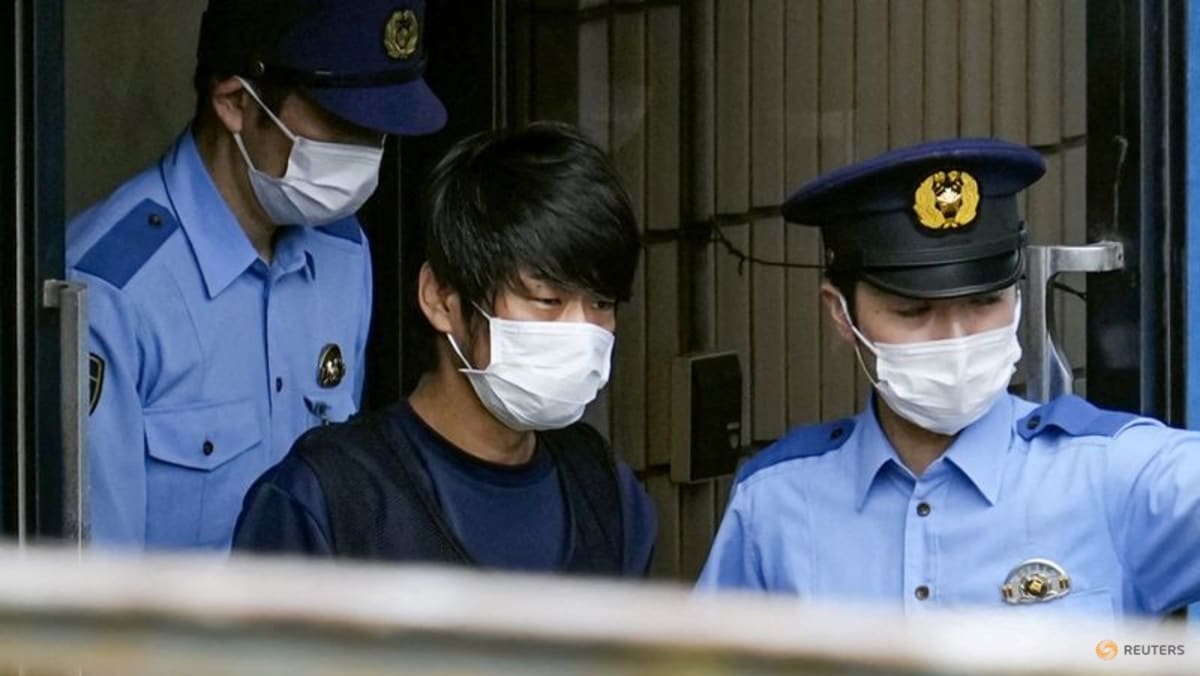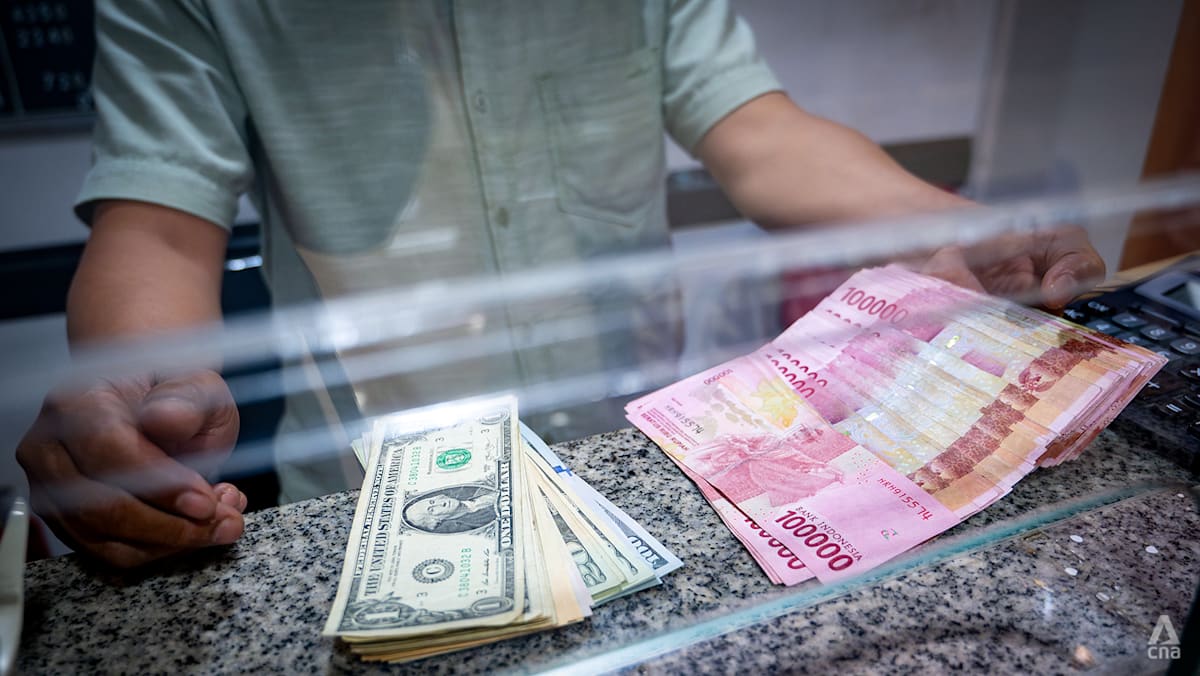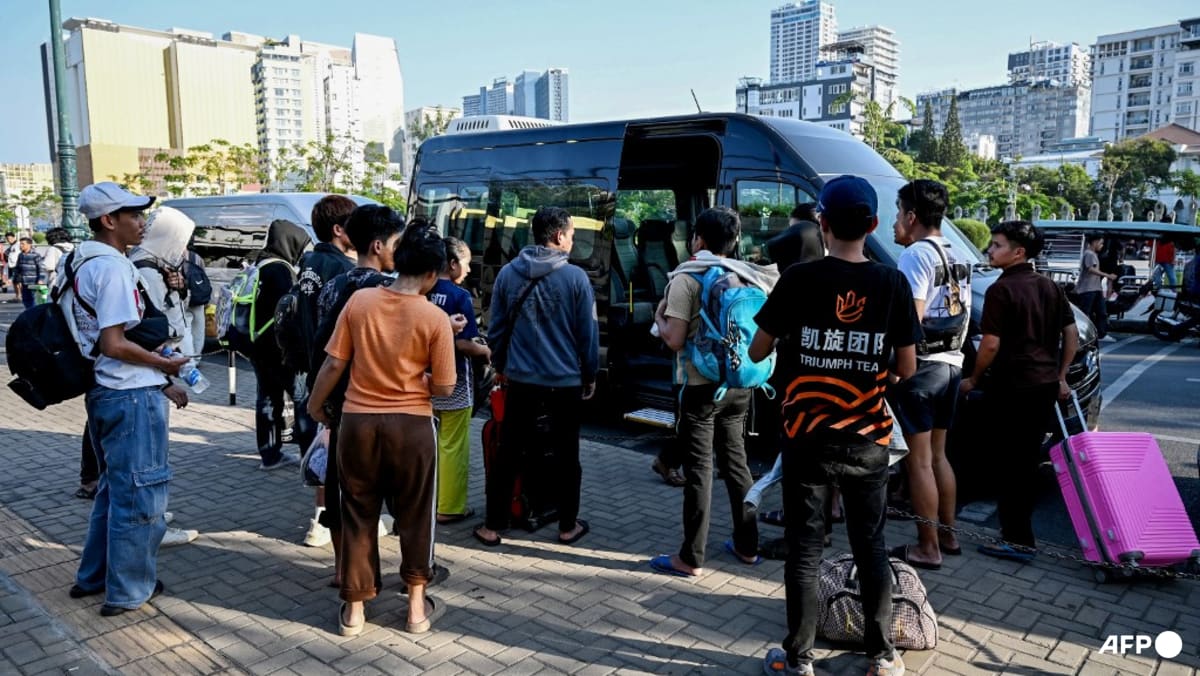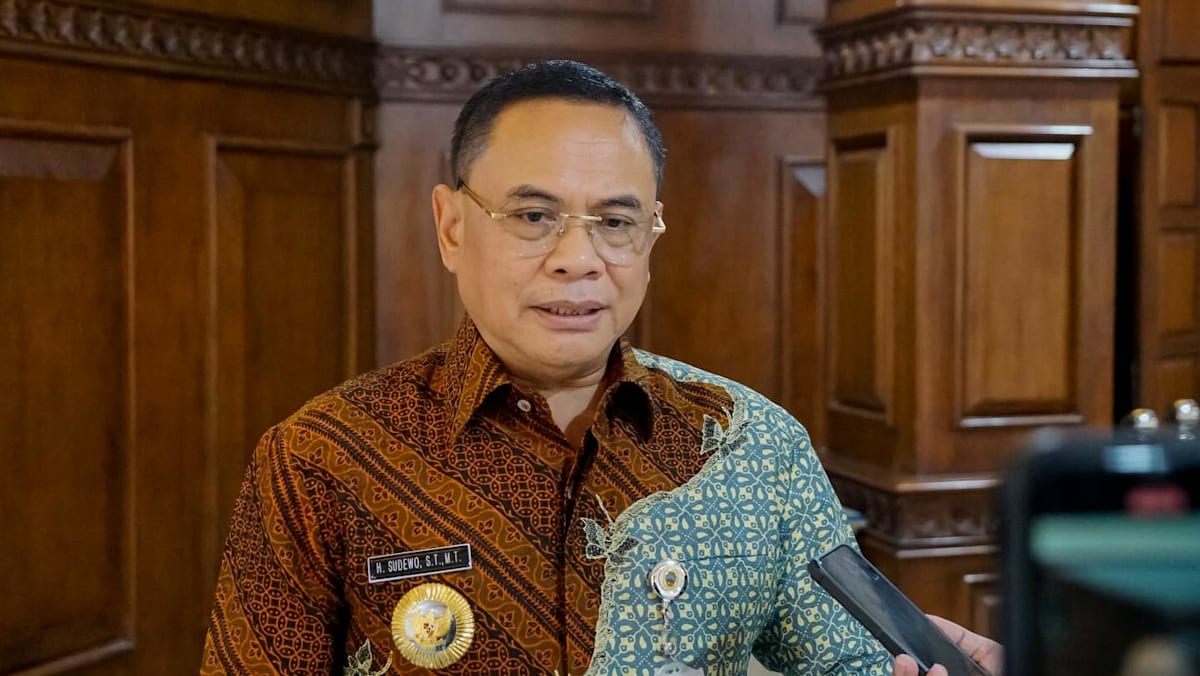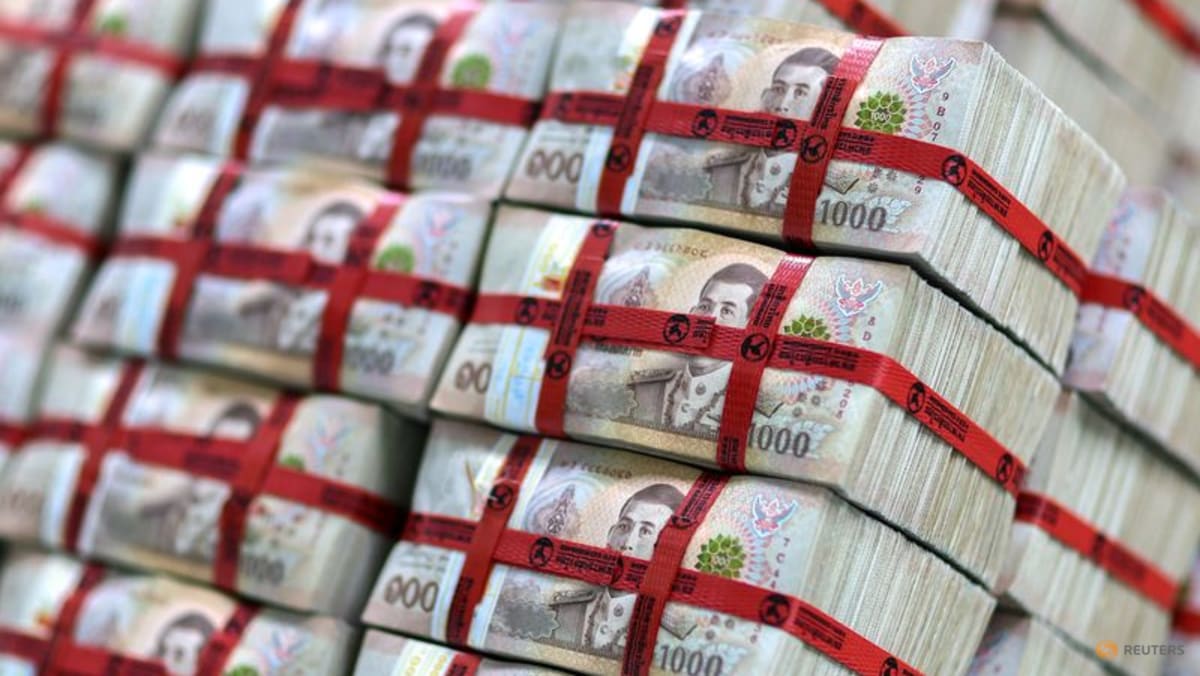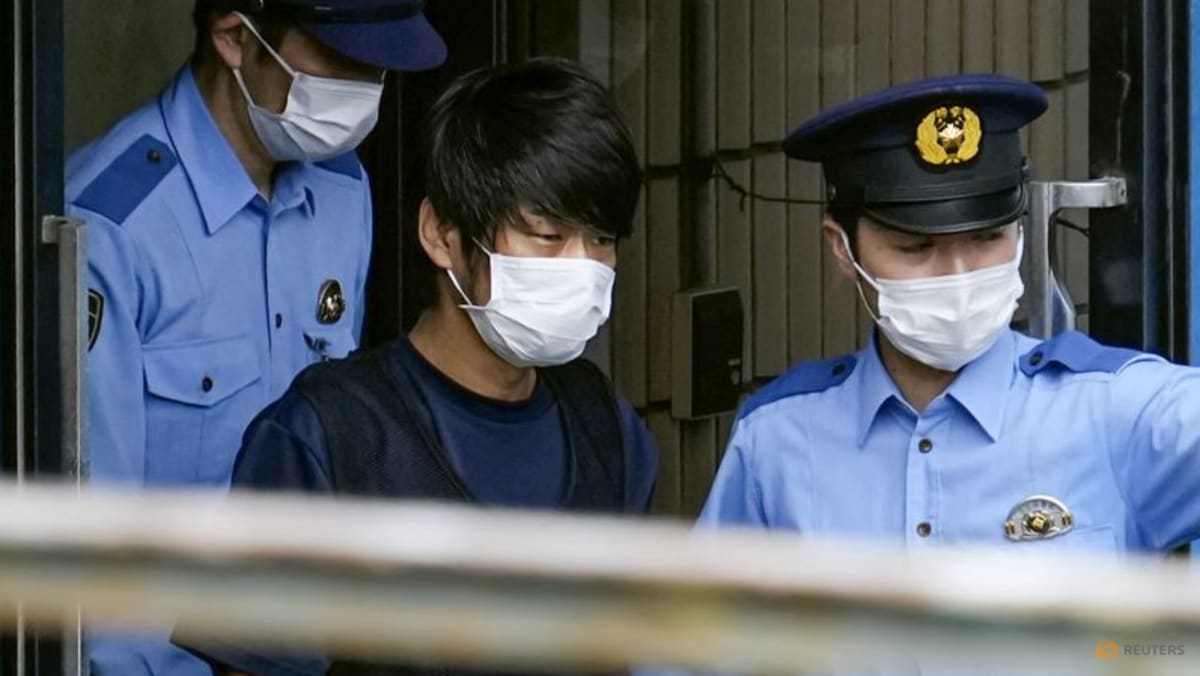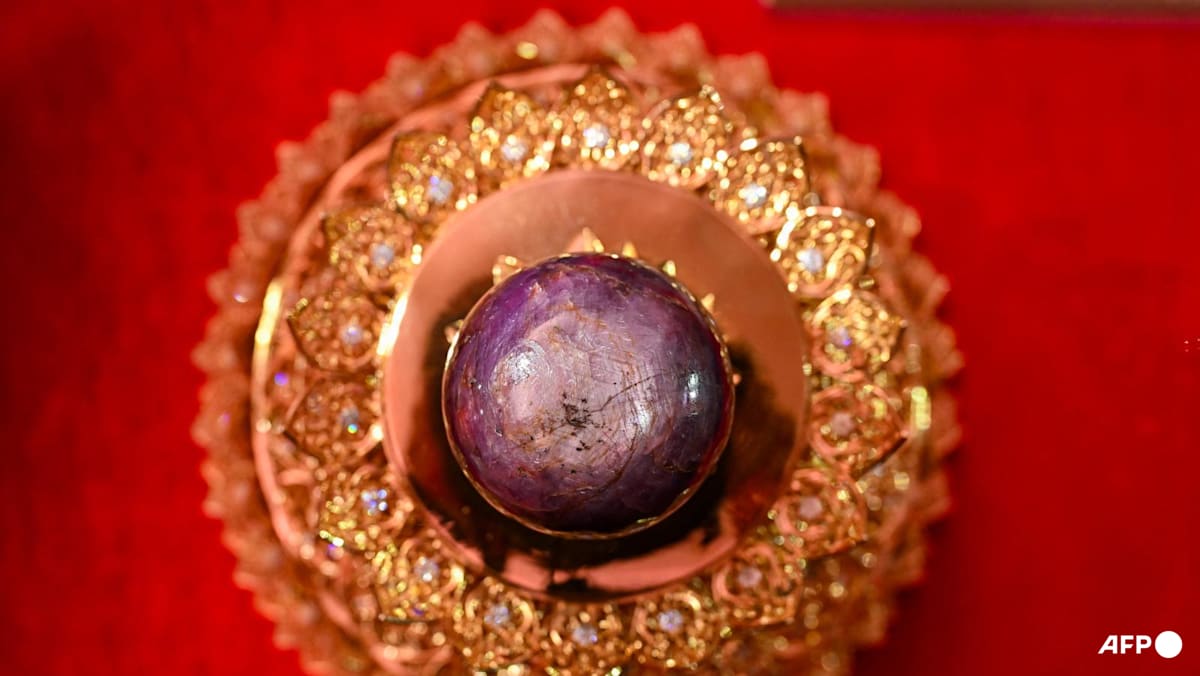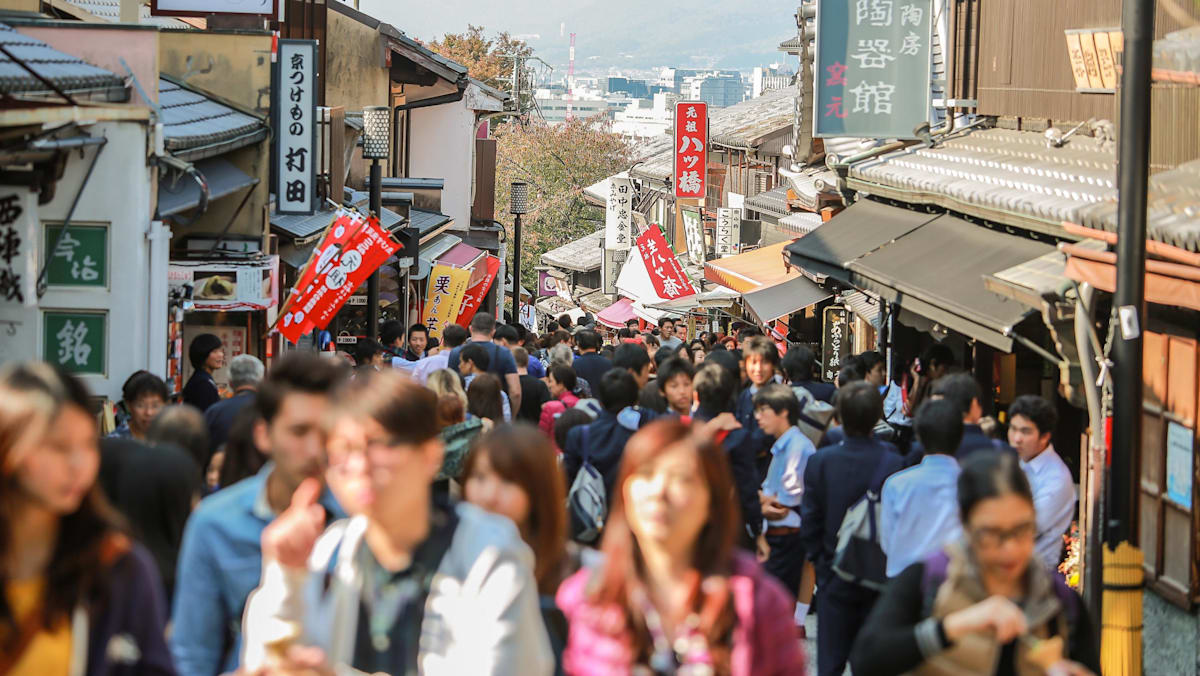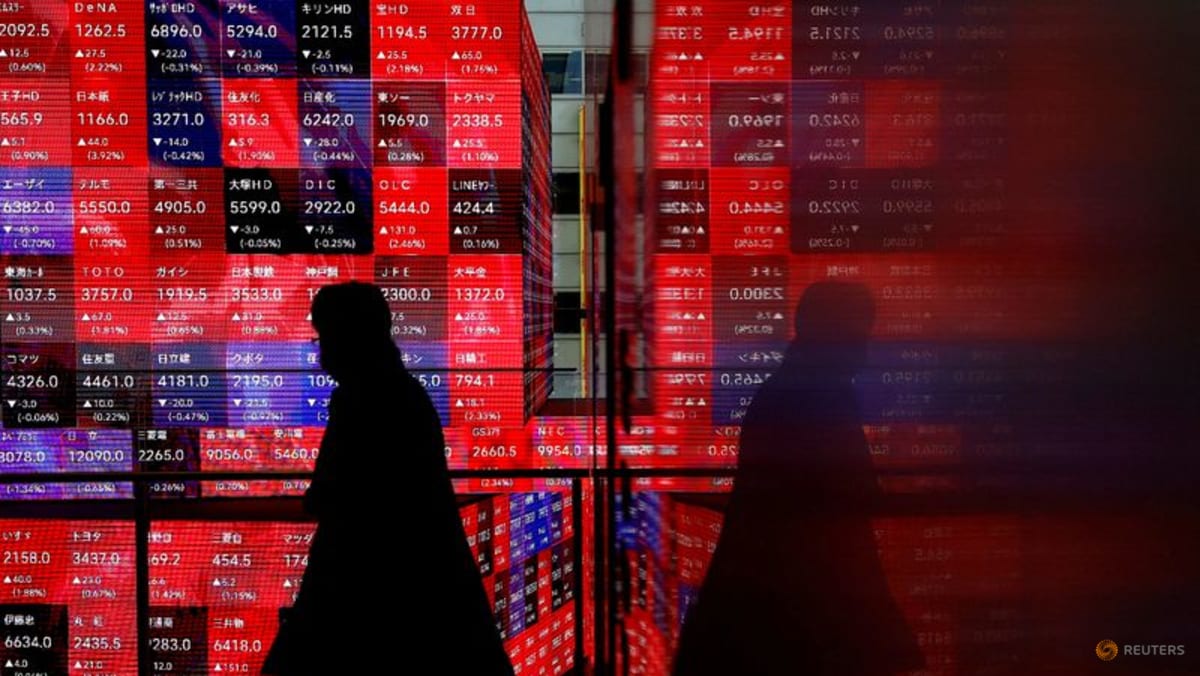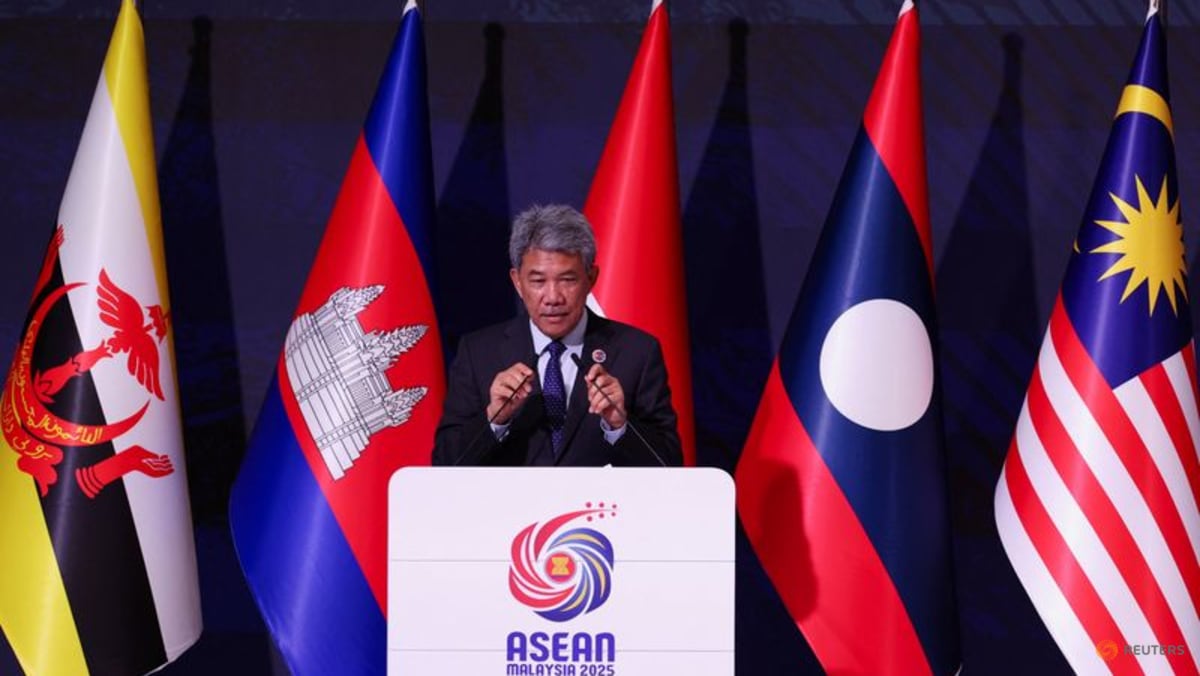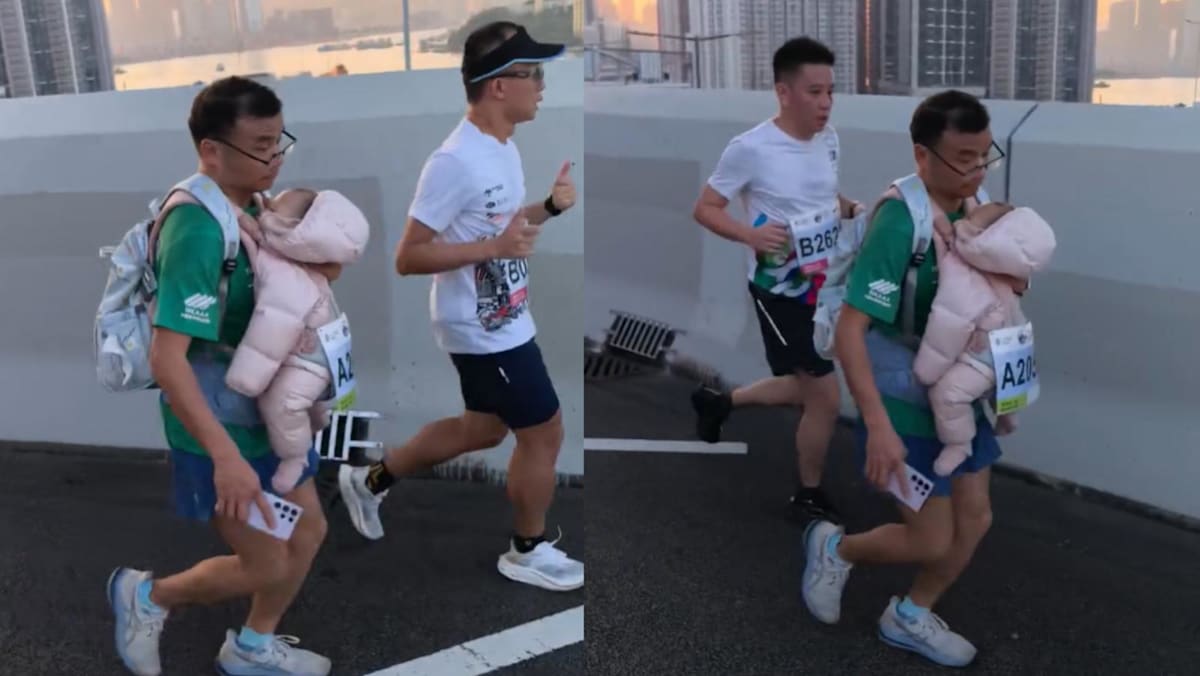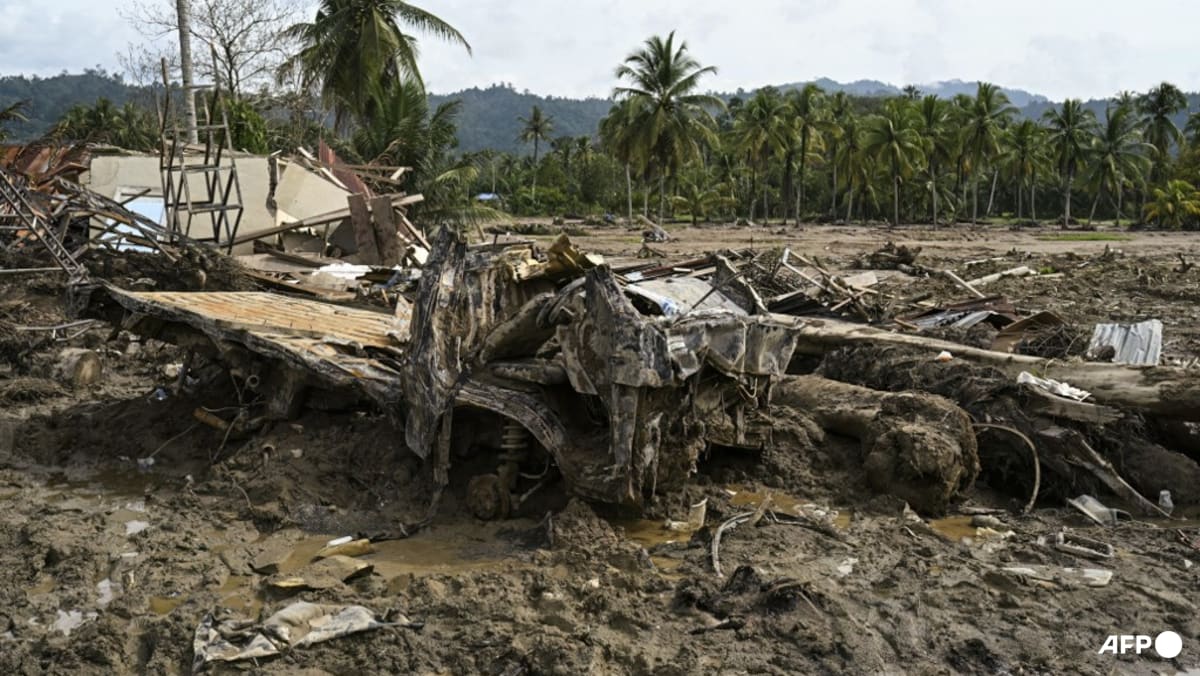China warns against ‘new Cold War’ as big powers meet in Southeast Asia
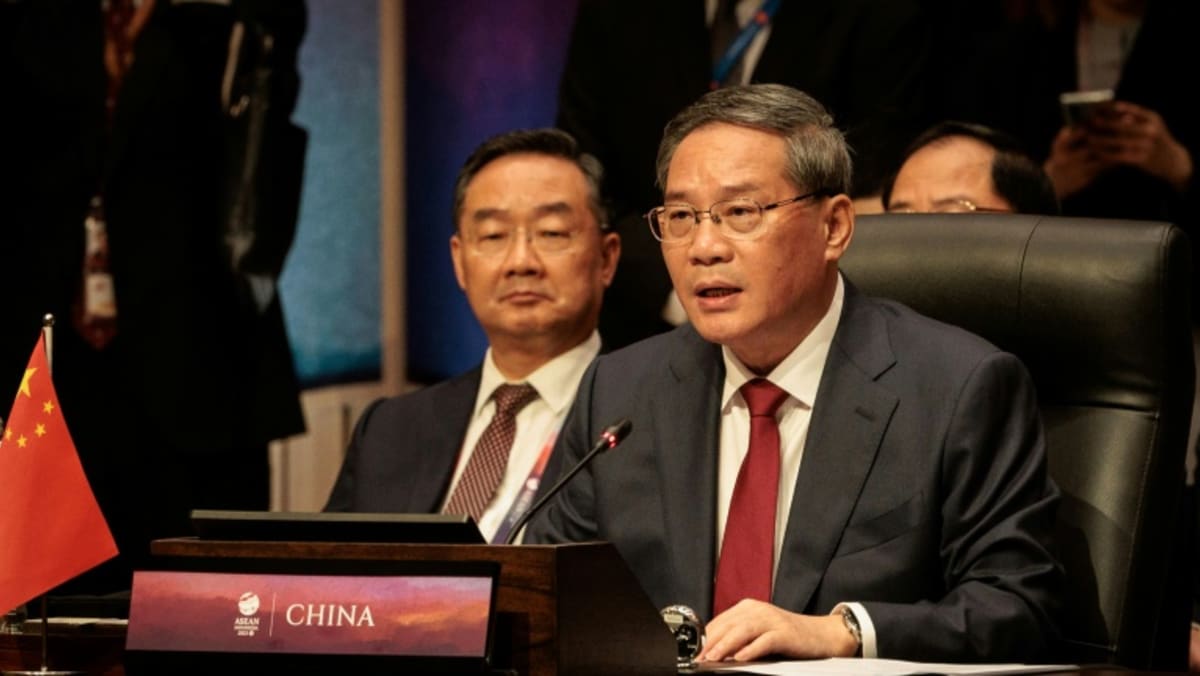
“UNDERMINE PEACE”
Yoon reportedly told ASEAN leaders there must be no cooperation with North Korea, which the United States said this week is holding arms talks with Russia.
“Any attempts to forge military cooperation with North Korea … should be immediately stopped,” Yoon was quoted by a presidential official as telling an ASEAN meeting, according to Yonhap news agency.
Kishida and Yoon met Li, with a row between China and Japan over the release of treated wastewater from the damaged Fukushima nuclear plant one of the topics raised.
“Japan and China talked about Fukushima, but it wasn’t heated,” a Southeast Asian diplomat in the room told AFP.
Host Indonesia told an ASEAN leaders’ summit on Tuesday that the bloc would not become a proxy for big power competition as US-China tensions continue to flare over Taiwan, the South China Sea and Russia’s invasion of Ukraine.
The roundtable involving Lavrov and Harris will be the first high-level US-Russia encounter since a foreign ministers’ meeting in Jakarta in July, where US and European officials rounded on Moscow’s top diplomat over the Ukraine conflict.
ASEAN leaders will host summits on Thursday with Indian Prime Minister Narendra Modi, Australian Prime Minister Anthony Albanese and United Nations Secretary-General Antonio Guterres.
Albanese told a regional forum in Jakarta on Wednesday Canberra is seeking closer engagement and economic ties with Southeast Asian nations.
MYANMAR, SOUTH CHINA SEA
Myanmar was also a major issue at the summits with China – a key diplomatic ally of the junta in the former Burma.
Southeast Asian leaders strongly condemned the violence and attacks on civilians in Myanmar on Tuesday, directly blaming the junta.
Harris said Washington would “continue to press the regime to end the horrific violence, to release all those unjustly detained and to reestablish Myanmar’s path to inclusive democracy”.
China also upset several ASEAN members last week when it released a new official map claiming sovereignty over the majority of the South China Sea.
It sparked sharp rebukes from across the region, including Japan, Malaysia, Vietnam and the Philippines.
Some ASEAN leaders expressed concern about “land reclamations, activities, serious incidents” in the disputed South China Sea, according to the bloc’s chair statement released Wednesday.
However, experts said ASEAN leaders would not confront Li to avoid angering Beijing.
“They won’t risk the relationship with big powers,” Aleksius Jemadu, a foreign affairs expert at Indonesia’s Pelita Harapan University, told AFP.
Source: CNA


